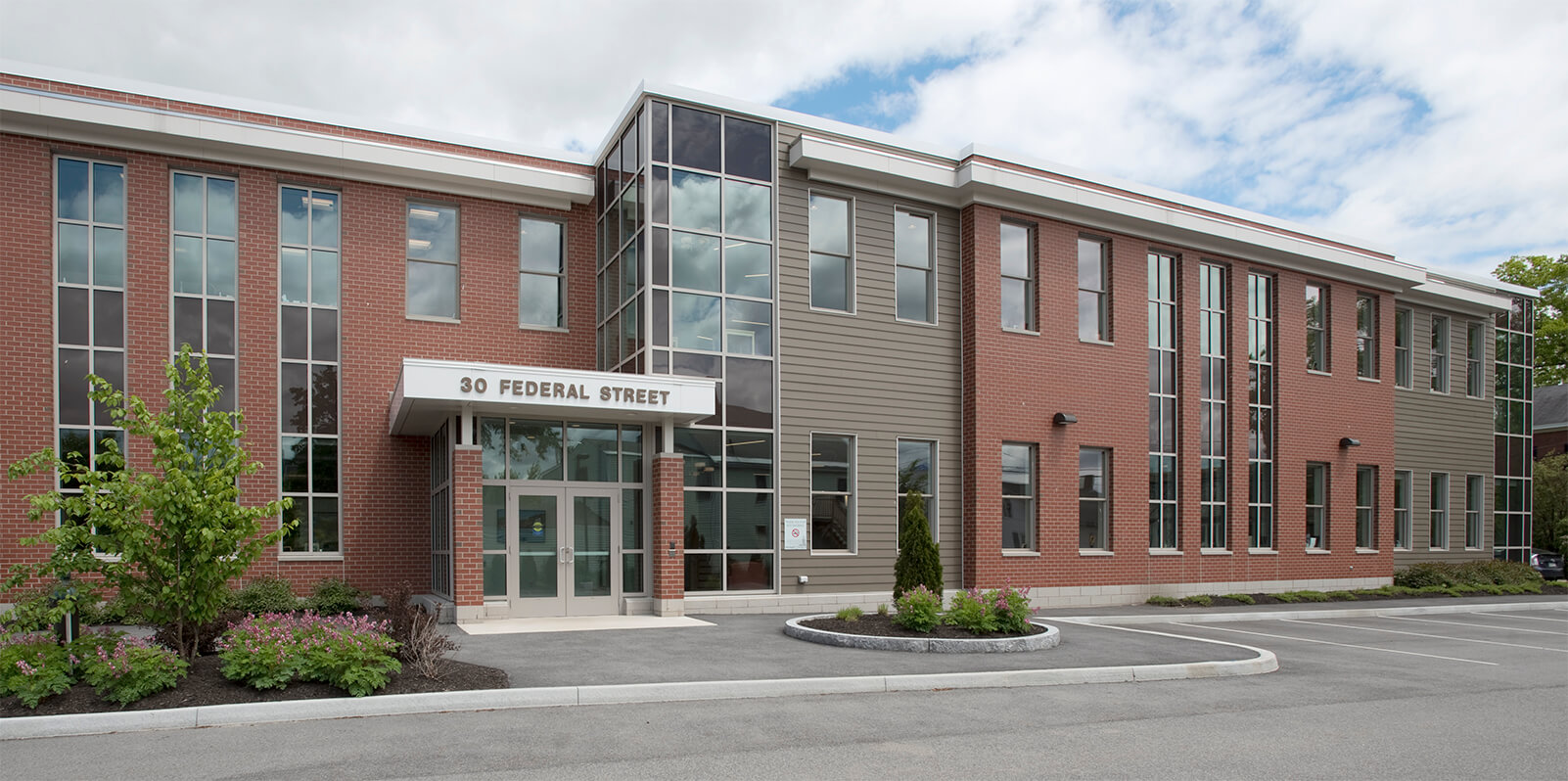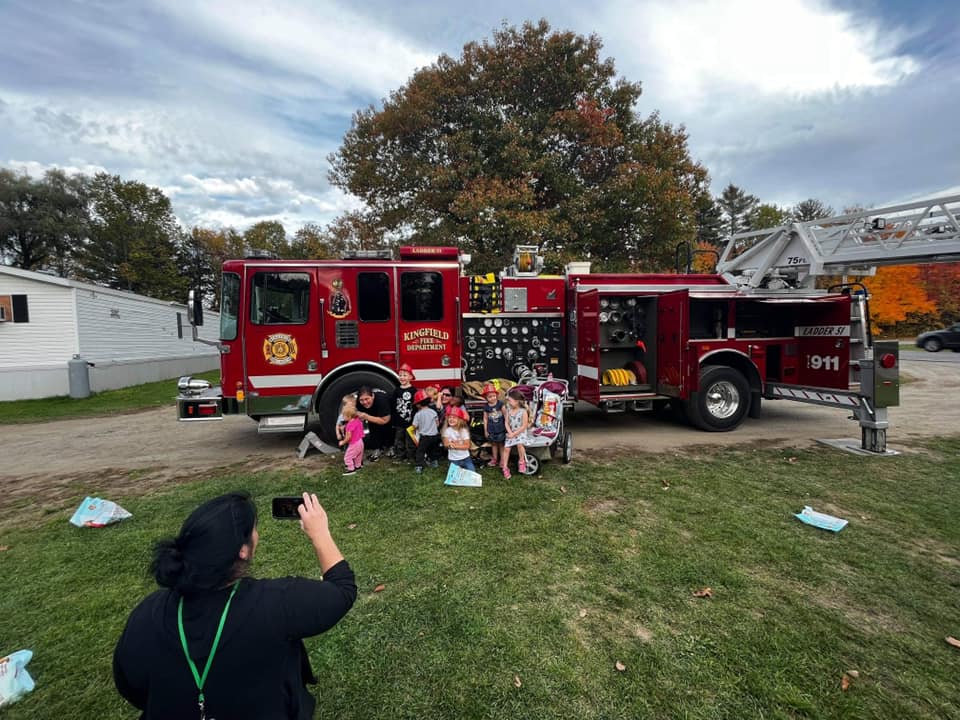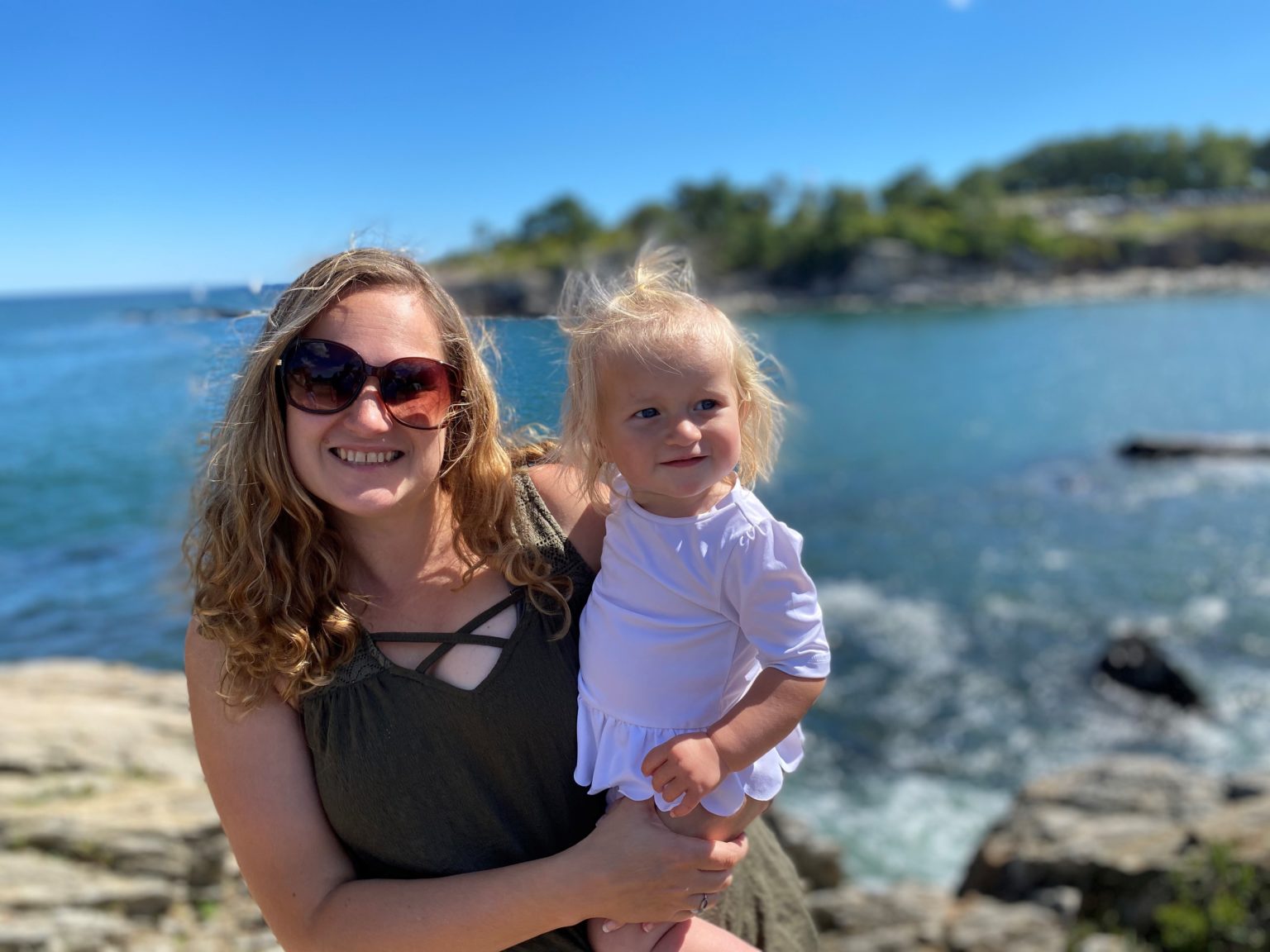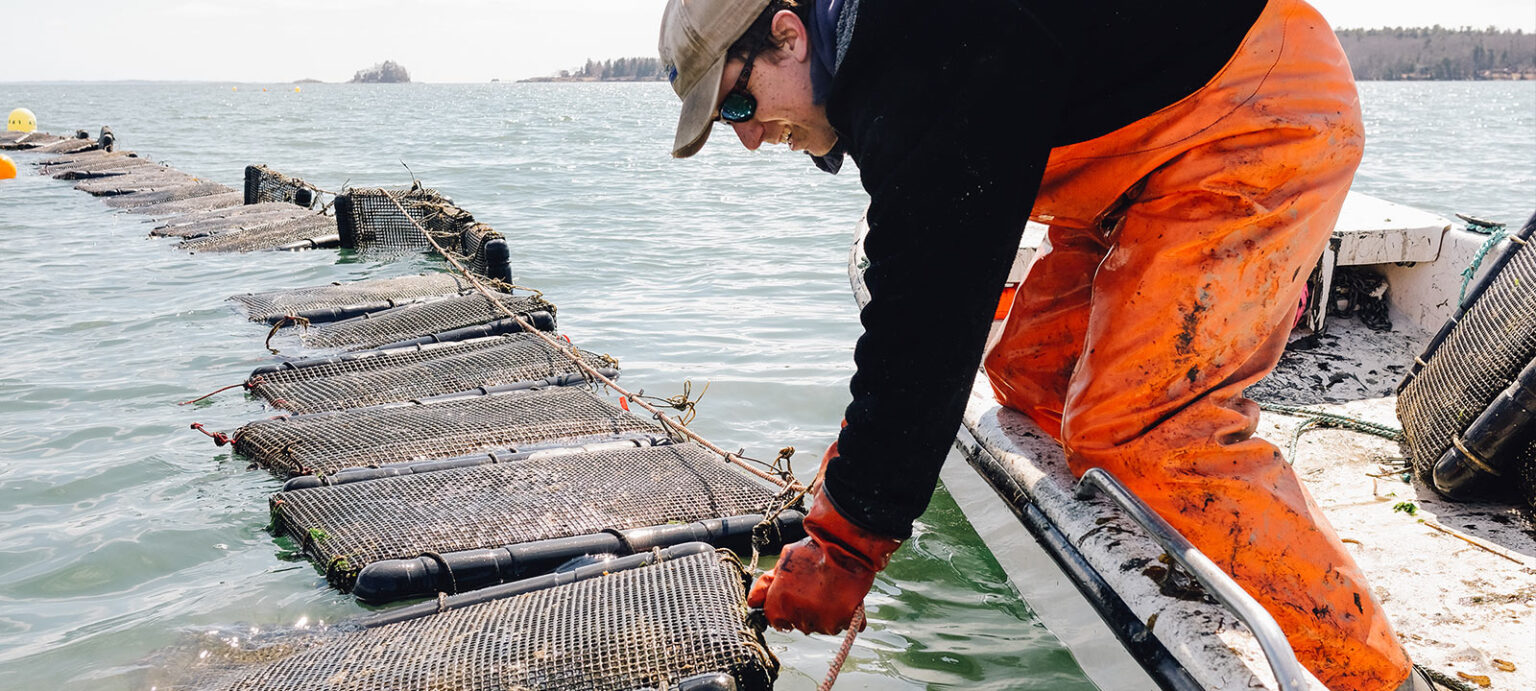February 17, 2022
Testimony in support of LD 1626, An Act Implementing the Recommendations of the Task Force on Changes to the Maine Indian Claims Settlement Implementing Act
2/15/2022
Senator Carney, Representative Harnett and Members of the Joint Standing Committee on Judiciary:
My name is Amy Winston and I live in Edgecomb. I am testifying in support of LD 1626, as the state policy director on behalf of Coastal Enterprises, Inc. (CEI), a community development financial institution (CDFI) founded in 1977. CEI helps to grow good jobs, environmentally sustainable enterprises, and shared prosperity in Maine and other rural regions by integrating financing, business and industry expertise, and policy solutions. We envision a world in which communities are economically and environmentally healthy, enabling all people, especially those with low incomes, to reach their full potential. CEI’s president, Keith Bisson, serves as the CDFI representative on the Permanent Commission on the Status of Racial, Indigenous and Tribal Populations, which has prioritized LD 1626.
Also, elected leaders are often treated as merely conduits for resource allocation as opposed to leaders mobilizing their communities in support of a sustainable outcome. This leads to failed enterprises, brain drain, and an impression of incompetence that undermines local self-determination, perpetuates poverty and cultural stress, and leads to further dependency. According to the Native Nation Building Institute for Leadership, Management and Policy at the University of Arizona and the Harvard Project on American Indian Economic Development at Harvard University, this applies to Native North American Nations as well as nontribal communities and regions that are rural or otherwise “peripheral” to the mainstream.1 And this, as I understand it, is the purpose and impetus for this legislation.
Self-determination became explicit U.S. policy with the Indian Self-Determination and Education Assistance Act of 1975, which made tribal sovereignty “more than simply a matter of law” (Cornell and Kalt in Jorgensen, 2007) and opened employment and service opportunities to tribal citizens. Unlike most federally recognized tribes, the Wabanaki specifically lack the legal basis for sovereignty that is contained in this bill and needed to access capital to provide physical infrastructure and broadband, start and sustain businesses and deliver needed social services, education, and job training. Under Maine’s current framework, the Wabanaki function as a municipal equivalent in a domestic-dependent nation (or internal colony) of the U.S.
While there is still deep inequality faced by American Indian workers and families, federal policy provides a legal and political framework for tribes to choose their own sovereignty and political status. Native Americans are among the Americans experiencing the highest rates of poverty, with high levels of unemployment, chronic illness, inadequate housing and myriad other issues associated with centuries of disinvestment. The Wabanaki nations are telling all of us in Maine that tribal governments need a larger role in decision making and resource allocation. Research shows that Native nations understand their own needs and know what their priorities should be. Research conducted by the Native Nation Building Institute for Leadership, Management and Policy at the University of Arizona and the Harvard Project on American Indian Economic Development at Harvard University shows that “the lessons are in the stories” of Native nations asserting their decision-making authority, strategically and for the long term, and backing up that authority with effective governance that is matched to Indigenous political culture.
As a CDFI, CEI is witness to economic development outcomes in other regions that illustrate the potential for sovereignty to benefit rural communities in Maine, both tribal and nontribal.
The Citizen Potawatomi Nation (CPN) in Oklahoma turned two and a half acres of trust land, $550 and a trailer into a bank, golf course, restaurants, retail food store, a tribal farm and community radio. CPN citizens own and operate scores of businesses that provide jobs to tribal and nontribal citizens. The Mississippi Band of Choctaw Indians (MBCI) pressed the Bureau of Indian Affairs into vouching for the tribe, which lacked collateral, as a good investment risk and they persevered with General Motors to invest in a harness assembly plant on tribal land. This initial investment led to an economic renaissance that broadened to include manufacturing, printing, electronics, forest products, retail, and tourism. Today there is little to no unemployment and non-Indians work in their factories, schools, and government agencies. Incomes have increased, people are returning home, and native language use is on the rise. In Montana, he Confederated Salish and Kootenai Tribes (CSKT)’s determination to take control of its own affairs began with natural resources. By the late 1990s, the nation assumed complete management of all programs previously administered by the federal government. They have a premier judicial system and a top-notch higher education system.
These and other federally recognized tribes unconstrained by Maine’s Implementing Act reflect the “modern-day federal-tribal relationship” supporting self-determination and characterized by the expansion of tribal governments into business operations and in direct provision of government services. Additional research demonstrates the success of tribally owned and operated businesses compared with those off reservation. A large share of jobs concentrated on reservations, relative to off-reservation locations, are arts and recreation related, accommodations and foodservice oriented, as well as based in education, public administration, and wholesale/retail sectors.2 Another recent study shows that in the last 30 years the exercise of American Indian tribal sovereignty has resulted in more economic growth and improved well-being for American Indians than during any other point in since European contact and colonization. Increased self-governance over tribal lands and resources has created new economic and employment opportunities for American Indians and for non-Indians living on or near tribal lands and resources as well.3
We recognize the concerns registered by towns along the Penobscot and St Croix Rivers regarding the potential for costly upgrades to wastewater treatment facilities, land loss, loss of property, sales and tax revenue, and the brevity of the municipal-tribal agreement process. There is a provision for a process for both parties to arrive at an agreement to assure payment in lieu of taxes and the state can work the towns to offset this financial impact to communities. These communities are destination communities offering cultural tourism, quality of place, and strategic investment and decision making of their own. Maine’s ability to engage with the tribes in a government-to-government fashion will yield positive results and contribute to business and industry innovation that aligns with Maine’s economic development plan.
We urge the committee to listen to tribal and nontribal constituents and pass LD 1626. Case studies of sovereignty-based development by federally recognized tribes in the U.S. prove how critical this status is for the tribes in Maine, who are currently recognized by the federal government but constrained by our state law.
Please don’t hesitate to contact us if you have questions or require more information about financing and business development.
1 Akee, Randall, Elton Mykerezei and Richard Todd. 2019. “Opportunities to Diversify: Reservation Workplaces and Job Numbers Compared to Nearby County Areas.” In Miller, Jorgensen and Stewart. Creating Private Sector Economies in Native America. Cambridge University Press.
2 Akee, Randall, Elton Mykerezei and Richard Todd. 2019. “Opportunities to Diversify: Reservation Workplaces and Job Numbers Compared to Nearby County Areas.” In Miller, Jorgensen and Stewart. Creating Private Sector Economies in Native America. Cambridge University Press.
3 Akee, Randall. January 19, 2021. “Sovereignty and improved economic outcomes for American Indians: Building on the gains made since 1990.” Center for Equitable Growth Boosting Wages for U.S. Workers in the New Economy Series. Accessed at: Sovereignty and improved economic outcomes for American Indians: Building on the gains made since 1990 – Equitable Growth



